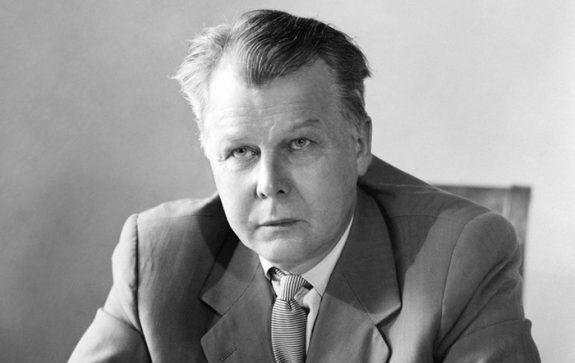Also known as ó Преступление и наказание
Oh alright, for us gringos itís Crime and Punishment by Fyodor Dostoevsky.
So, a few of us here have decided to start reading this book in a couple weeksí time, and Iíd like to invite anybody else with an interest in Russian literature to join us. One thing Iíve always enjoyed about the Litnet is that itís a happy place for book worms to gather and share ideas about what theyíre reading. Mostly. Every once in while thereís a shouting match over important topics such as comma placement. Hey, I get it, people have strong opinions about the Oxford comma. Apostrophes too. Is it ó a couple of weeks' time? week's time? weeks time? weekes times? Donno, but I digress. Speaking if digression, as with all Sancho-initiated threads, straying off topic is not discouraged; in fact itís highly encouraged. Digression from the mean is where all the fun stuff happens, eh?:
Also, on Sancho-initiated threads, I like to start with a tune:
https://youtu.be/eauZzwt8Ci8?si=tMIbZYzszSvV48B6
Talking Heads, Psycho Killer
I donít really know if that's appropriate theme music or not. I havenít read the book yet. I'm a blank slate. Just in case Iím way off base, hereís another candidate:
https://youtu.be/iCEDfZgDPS8?si=V7Y59WbfWHWrr_gI
Modest Mussorgsky, Night on Bald Mountain
Woo! This one might be a good late-night read.
By the way Iím not even going to try to read the Russian edition. Iíve got a copy of the Pevear/Volokhonsky translation. Thatís the one Iím planning to start readingÖin a couple of weeks.



 Reply With Quote
Reply With Quote


